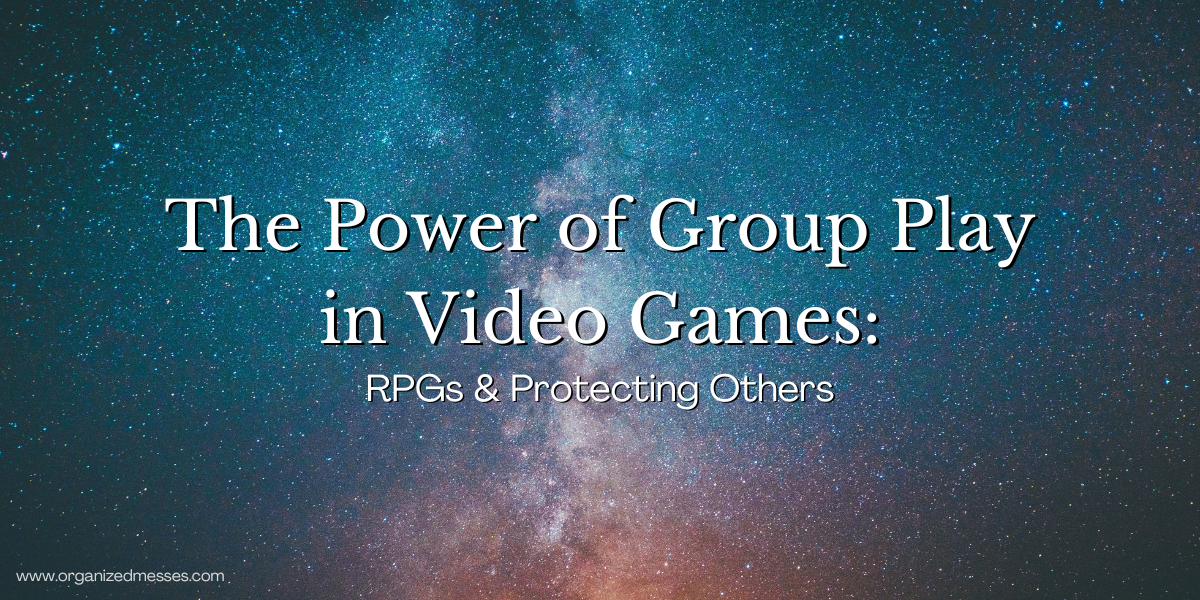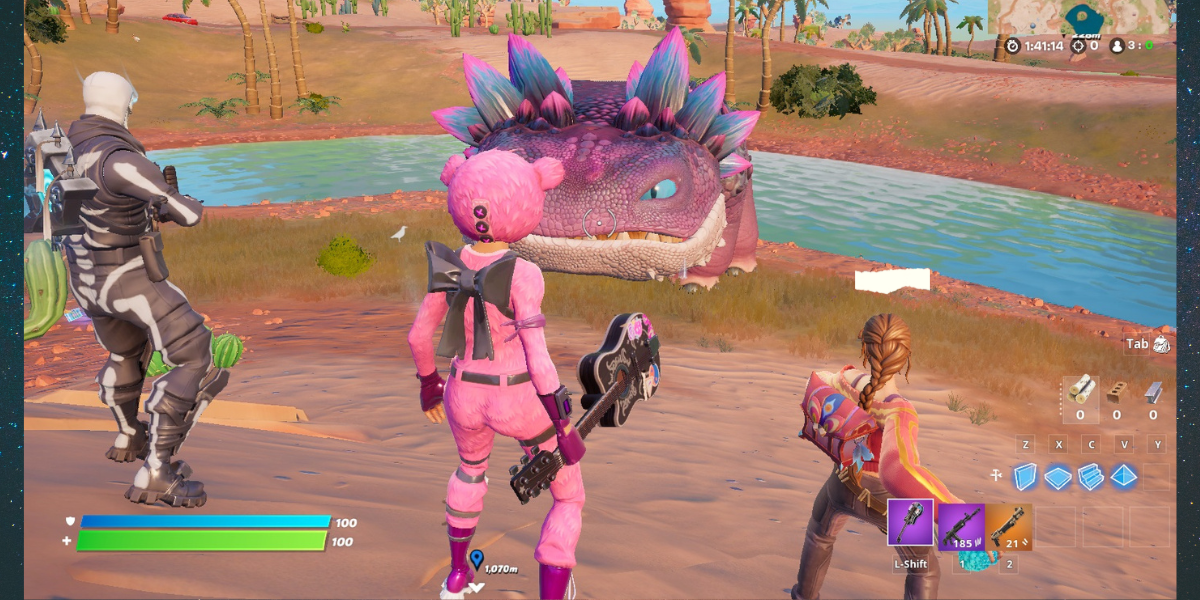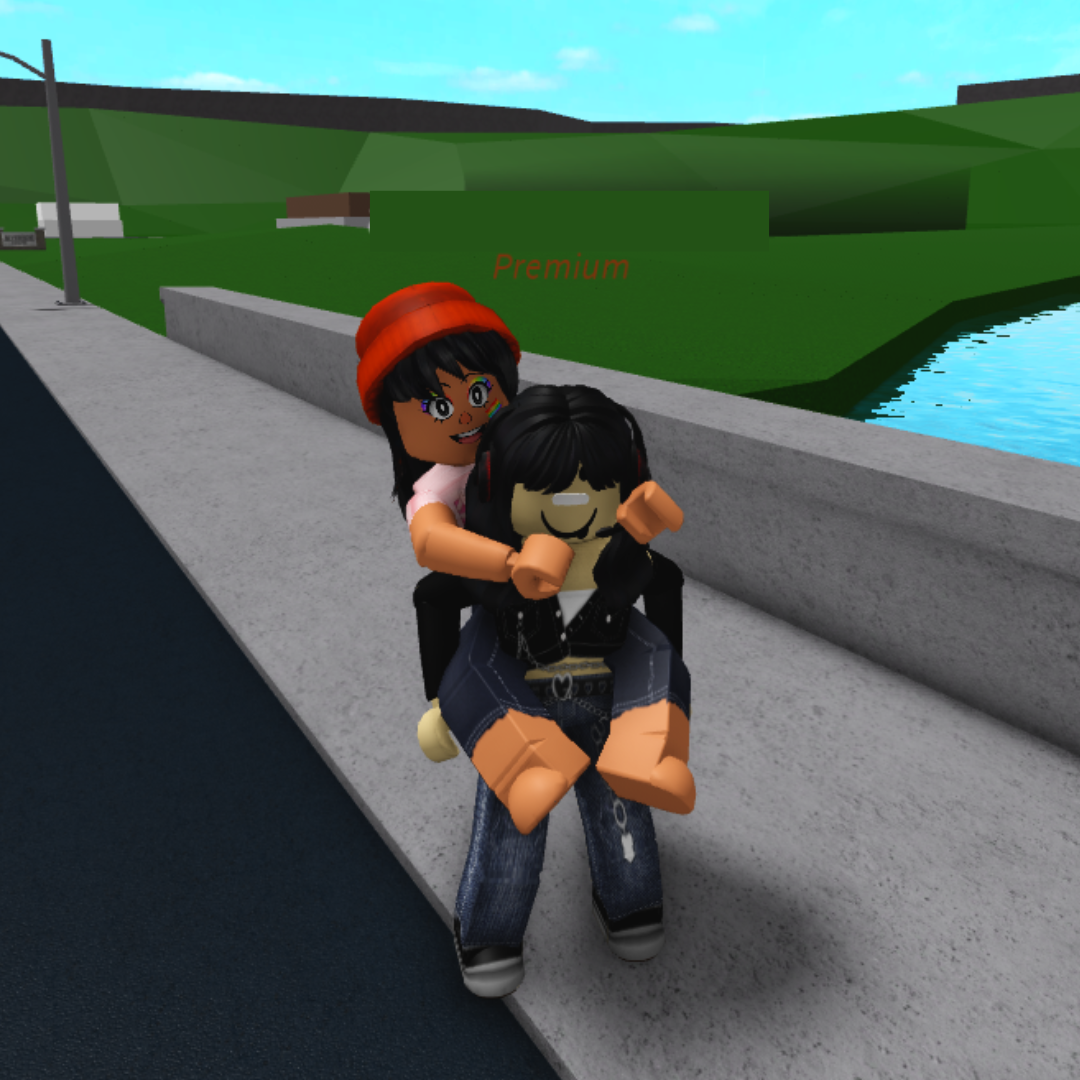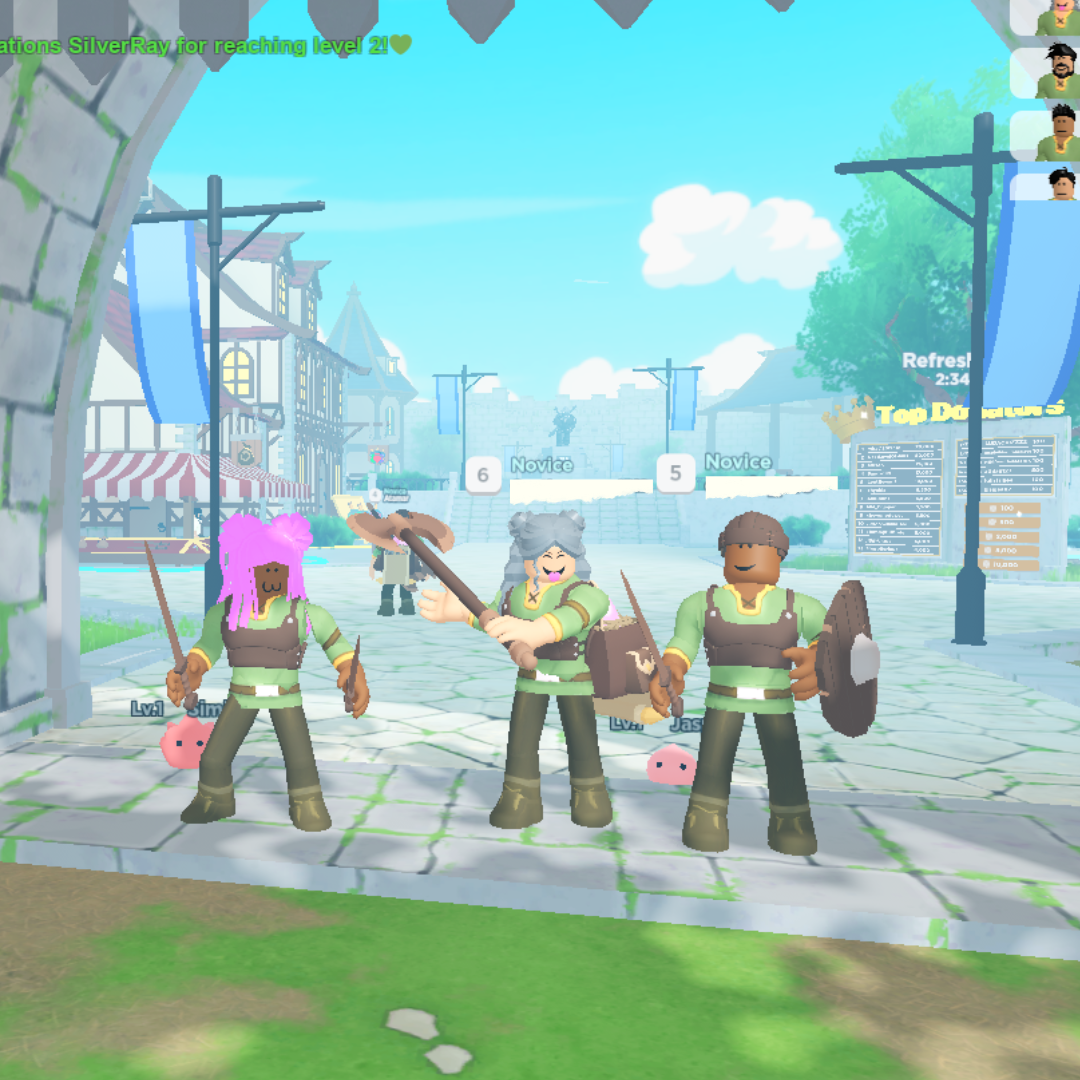Tricking Kids into Learning Through Games
Guest post by Val Okamoto
Val Okamoto is a queer, neurodivergent artist and creative. They recently graduated from CSUF where they studied both theatrical art and studio art, with specialties in sculpture, theatrical design, and media analysis. They are a lover of games, snakes, musicals, and art of all kinds.
I was an incredibly stubborn kid. So much so that my mom, an elementary school teacher, couldn't convince me that she had taught me anything until I was in my teens. Because of my childish refusal to the idea that she could possibly teach me anything, she had to come up with some clever ways to trick me into learning, so now I have the pleasure of passing some of these onto you.
When I was really little, before entering kindergarten, my mom would constantly play word games with me. "That's not learning, that's playing, so I'll allow it," my little brain thought. Every time we were in the car, my mom would point out the different objects and buildings we drove by, enunciate the word, stretch it out, and have me practice saying them. Interactivity is essential.
"That is a bus, bu-uh-ss" "Bu-uh-ss" "Bus, bus, bus" "Bus, bus, bus"
Once I could recognize most of the objects we passed-bus, car, store, road, light- we moved on to more complex words and ideas, and the games we played grew more complex as my understanding did. Learning how to say the words turned into guessing games, learning letter sounds turned into word play, and we even made up our own as time went on. This back and forth practice laid the foundation for literacy.
"Bus" "Ball" "Bake" "Bike" "Bar" "Bed" "Bread" "Brake"
"Bus" "Stop" "Pool" "Listen" "Night" "Tear" "Red" "Dad"
In the early stages of development, even exposure to language and communication can build strong foundations for those skills later on. By asking them to repeat and respond, they are listening, absorbing, and processing, as well as practicing spoken language and pronunciation. Introducing learning as an interactive game, as opposed to a boring lecture, can prevent, or at least postpone, resentment and the association between education and boredom or frustration. By the time I got to kindergarten, I already knew how to read. (Not that I believed my mom when she told me she taught me, though.)
As I grew older, we started playing more complex games. My parents introduced me to so many new types of games, like board games, card games, video games, and even sports. They included quite a few that had educational benefits. There are many classic games, like Uno, Scrabble, Mancala, Chess, Checkers, Backgammon, Go, and playing card games like Rummy or domino games like Mexican Train and Pai Gow, as well as newer and more complex games like Risk, Settlers of Catan, Phase 10, Set, and Spot It, that teach important lessons and skills.
Games with money show the importance of being able to do math, word games favor those with larger vocabularies, and most tend to reward those who think ahead and create plans and backup plans. Most of these games require pattern recognition skills, critical thinking, strategy, and resource management, which can allow children to practice real life skills in low-stakes environments. They allow kids to gain the agency that childhood often robs of them, and creates many teachable moments when conflict arises.
These kinds of games also facilitate the development of emotional regulation. A big part of playing games is losing, and I've met quite a few adults who hadn't learned how to handle the big emotions that can come up when losing. Getting ample practice failing and simultaneously receiving support on how to improve creates a fantastic environment to promote learning. Games show kids that failure is a part of life, but that they also have the choice to get up, keep going, and try again. I should also mention that my parents did not take it easy on me, which made me put a lot more thought into my strategies if I wanted to win. It took 10 years for me to beat my dad at tennis. That day was truly glorious, since all the time I spent learning and practicing was proven to be worth it.
Children also need games to play by themselves, and there are lots of individual or solo games that also educate. Sudoku, word searches, crosswords, and other paper games exist. There is a plethora of online resources as well, including escape rooms and mazes that require simple math problems to find one's way out of, which my mom uses in her classroom occasionally.
As a child, I had a Nintendo DS, which was compatible with educational games like Brain Age and Big Brain Academy, which focus on reasoning, logic, arithmetic, and flexible cognition. Again, these games helped to build my association between education and fun, and they became regulars in the roster of games I would play. I also remember taking the GATE test in elementary school, and some of the questions felt similar to the kind of practice I got on my DS, and I ended up being accepted to the program. Some of these games, and others like them, are available on the Nintendo Switch now.
Once I started nearing middle school and entered the "I want nothing to do with my parents" stage, they had to come up with even more workarounds. One of the solutions they found was allowing me to choose some fun summer classes and workshops in our community. Many state colleges also have classes for kids over the summer that teach anything from chemistry to comic books to coding to creative writing.








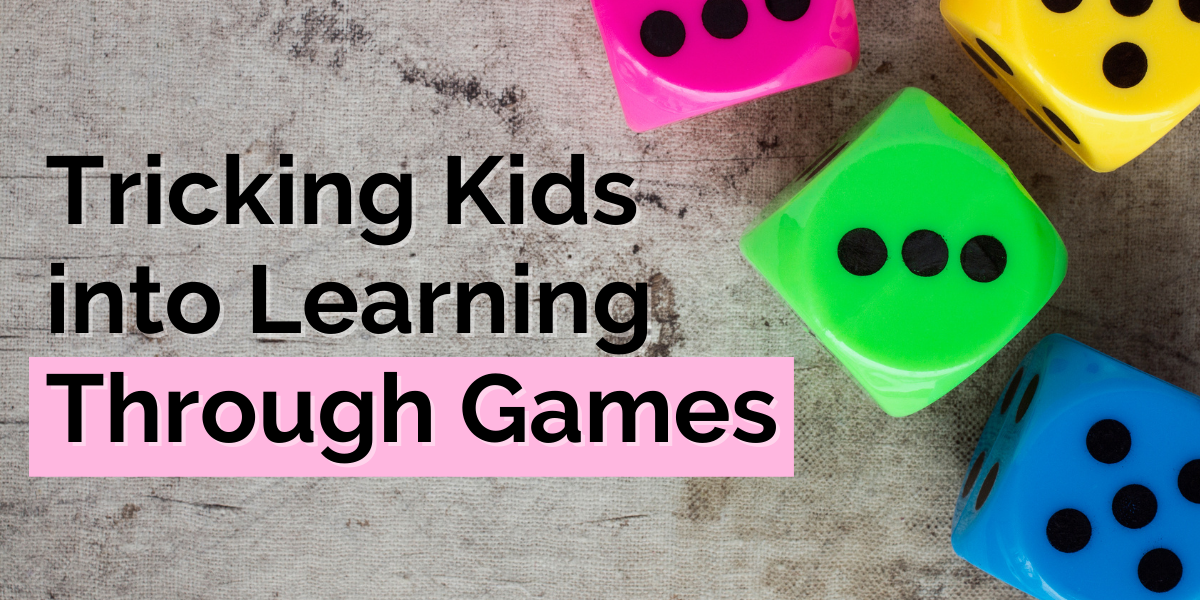
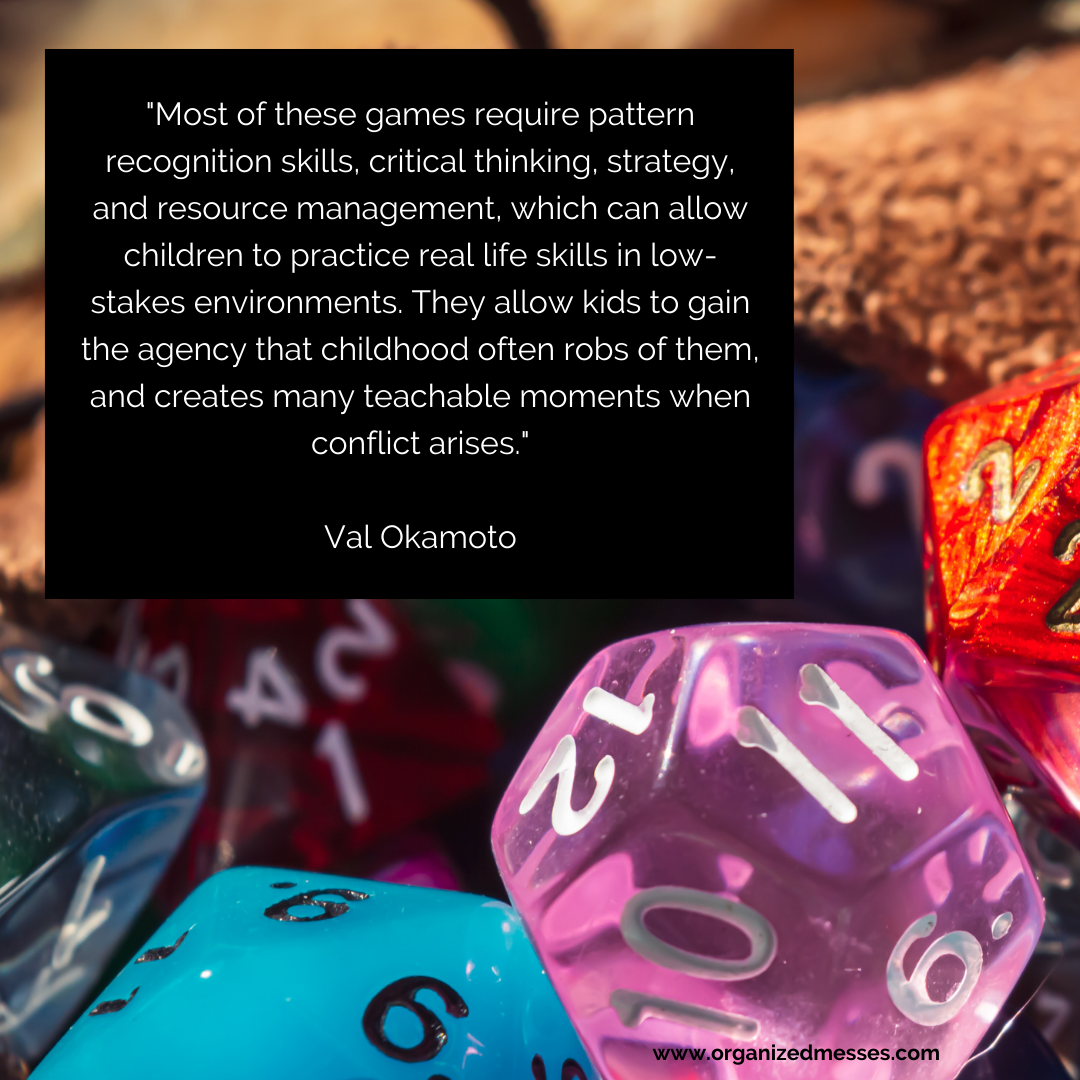
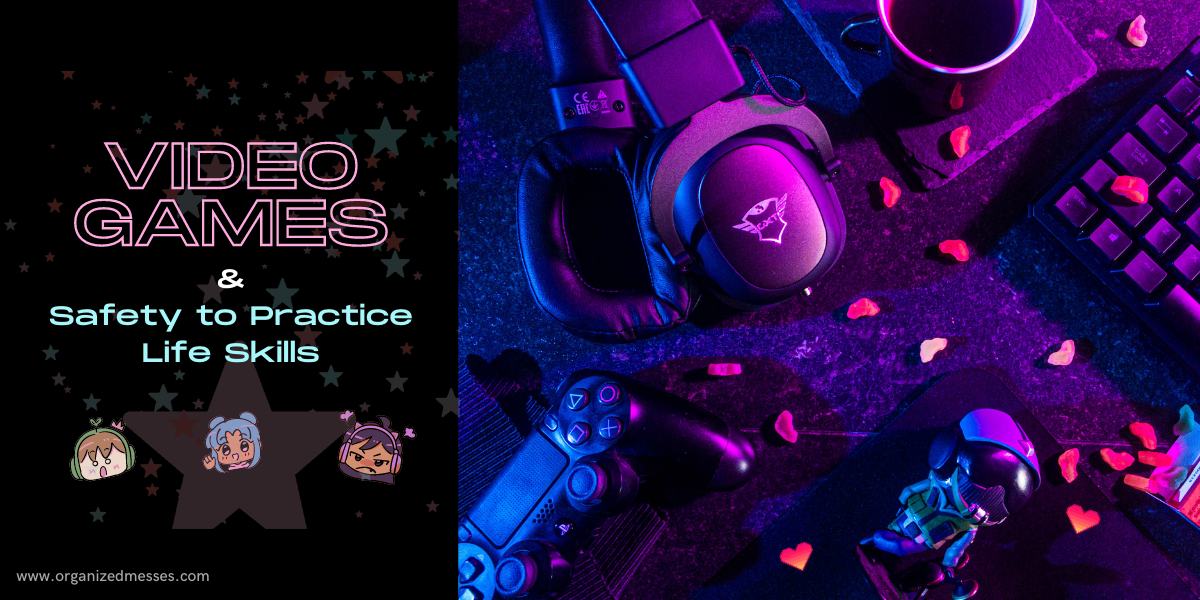
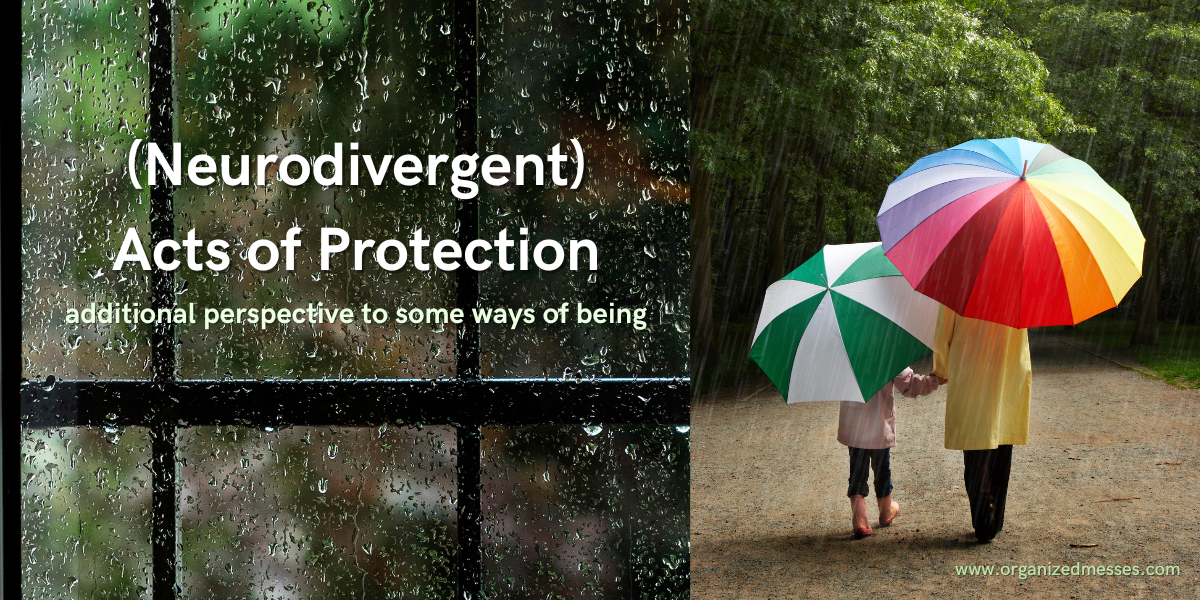











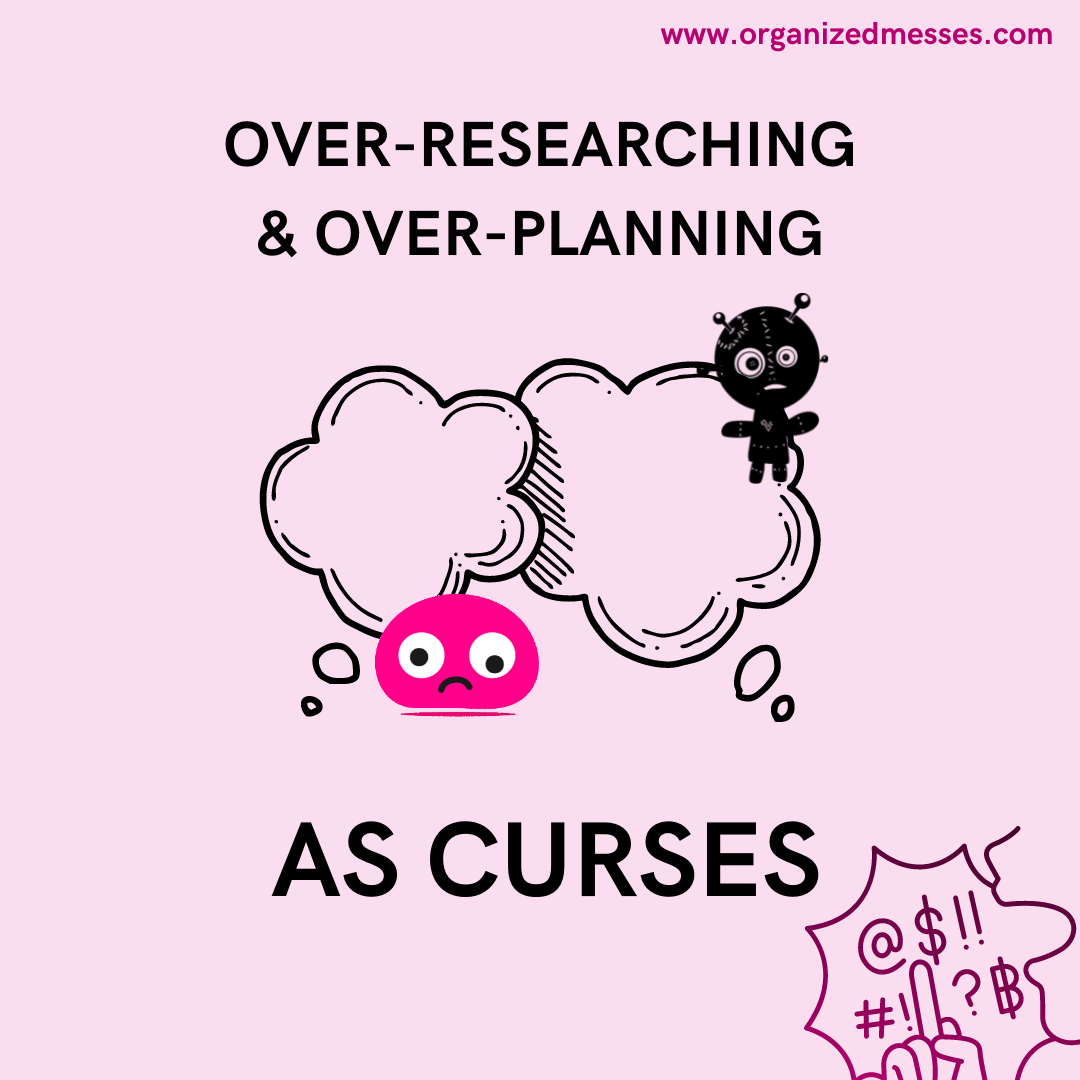

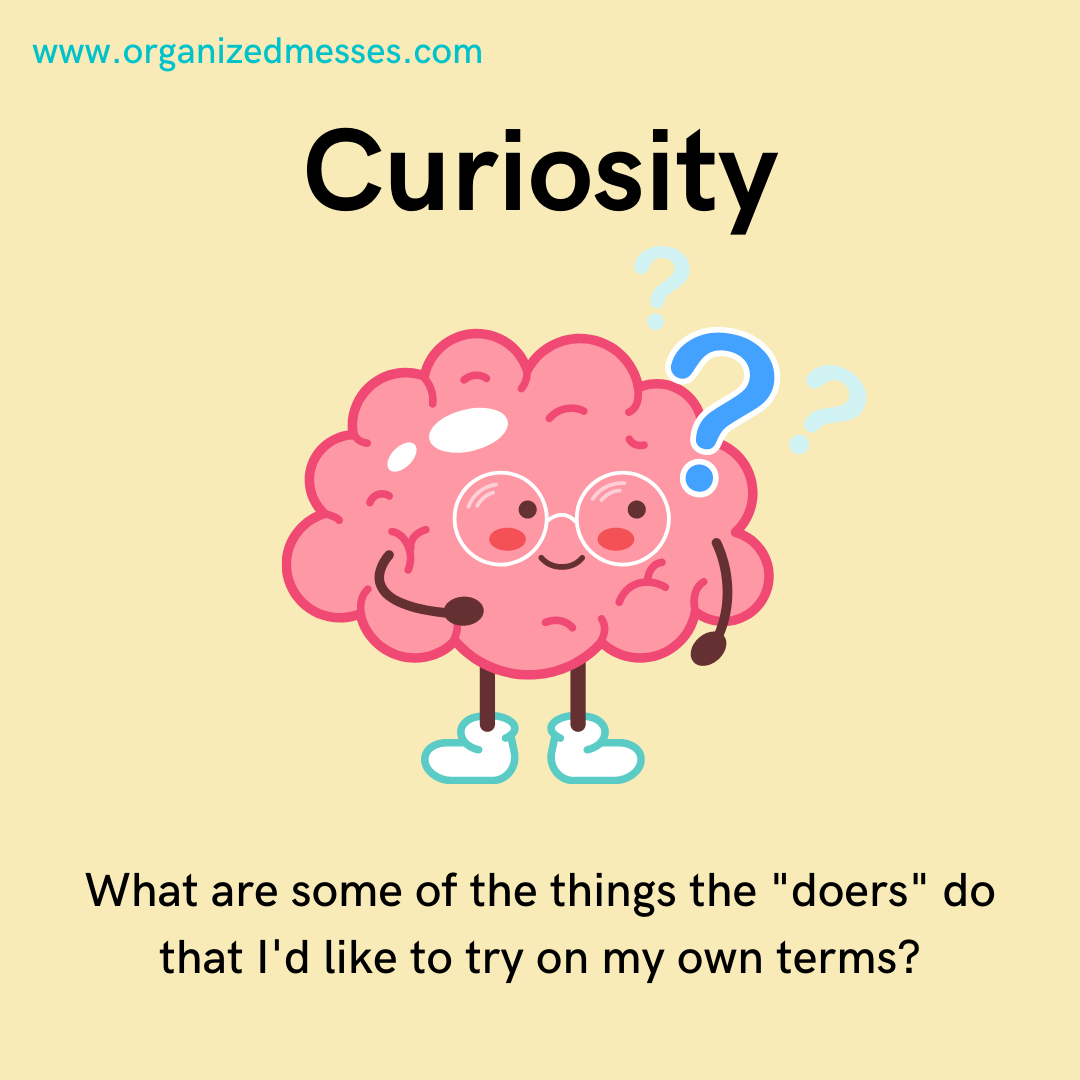




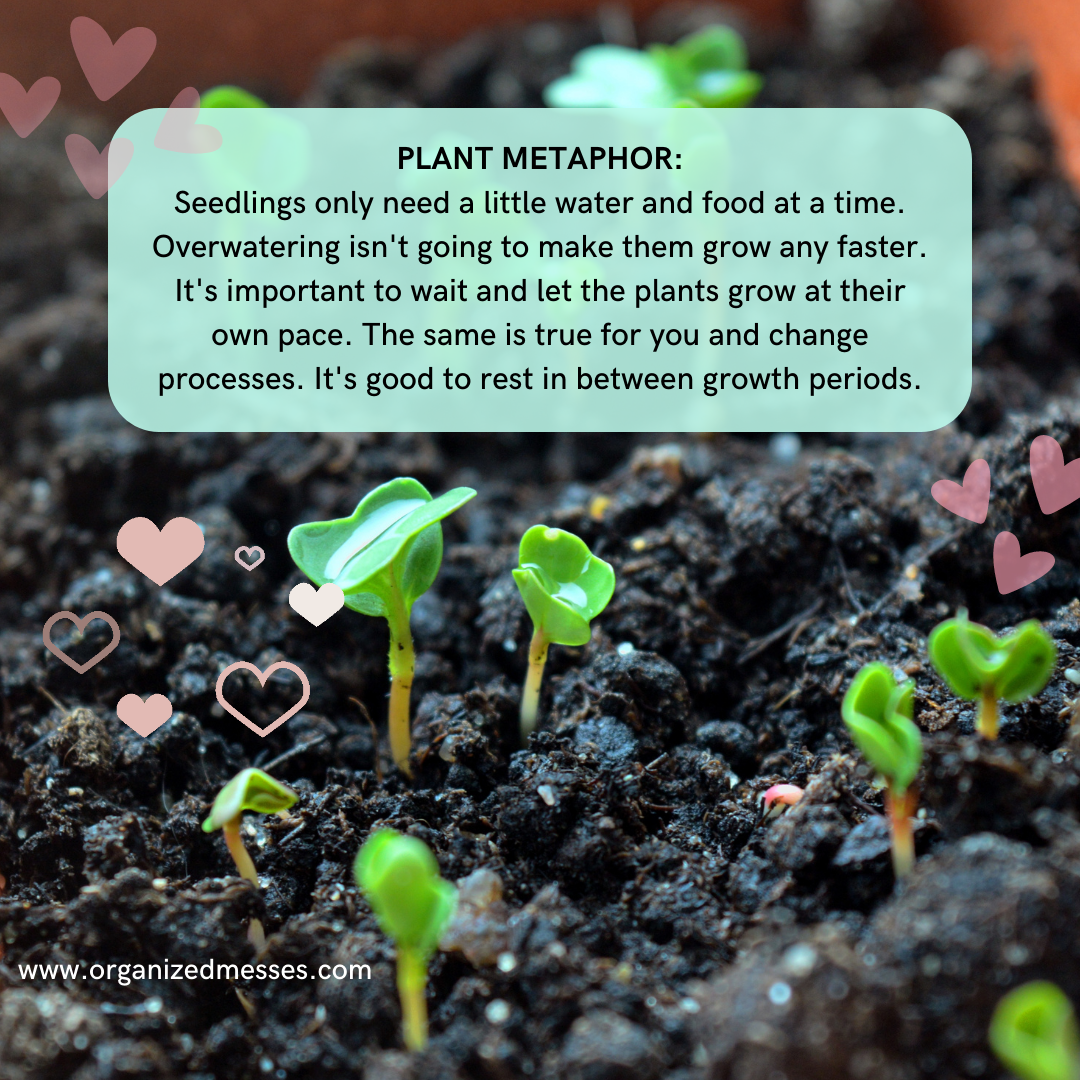
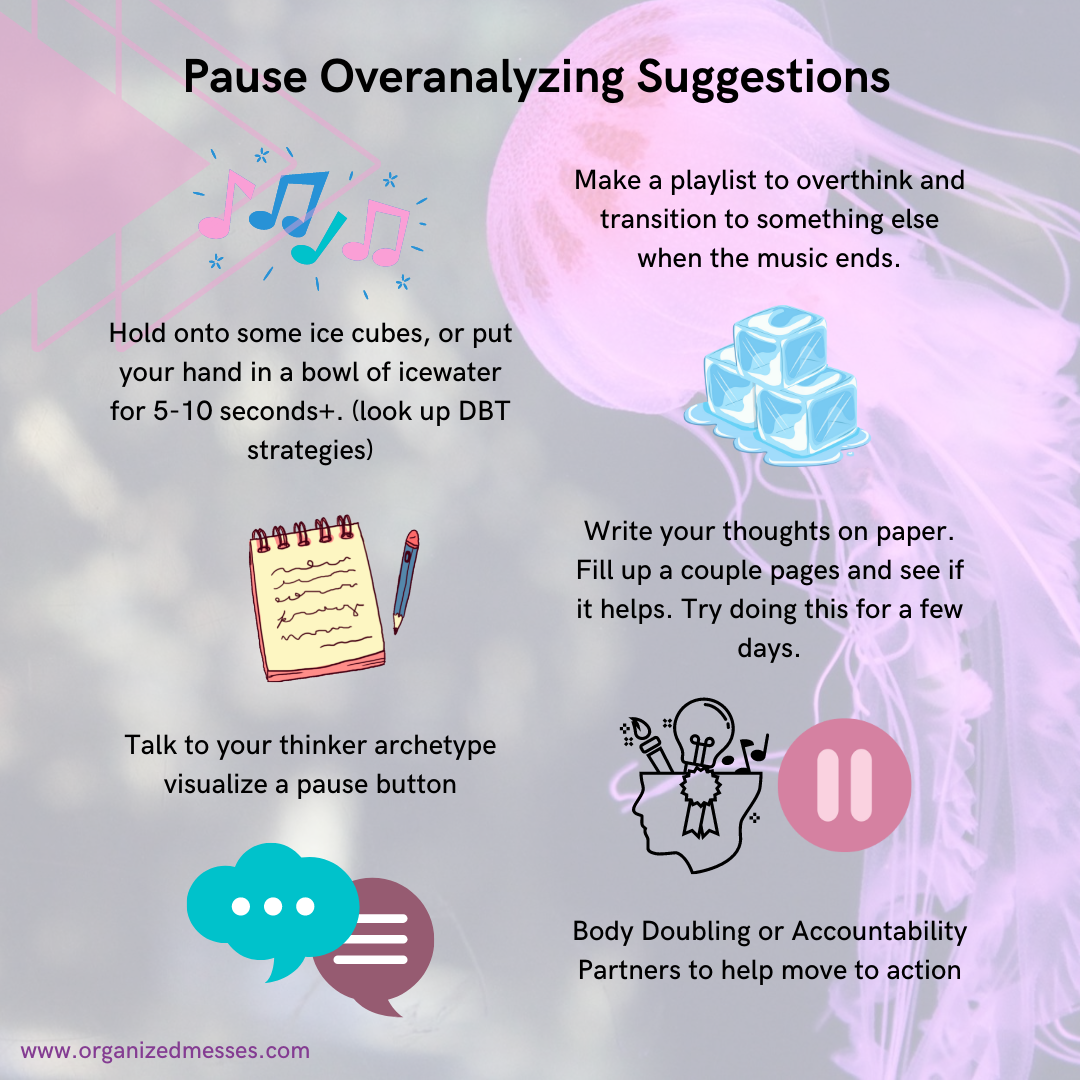

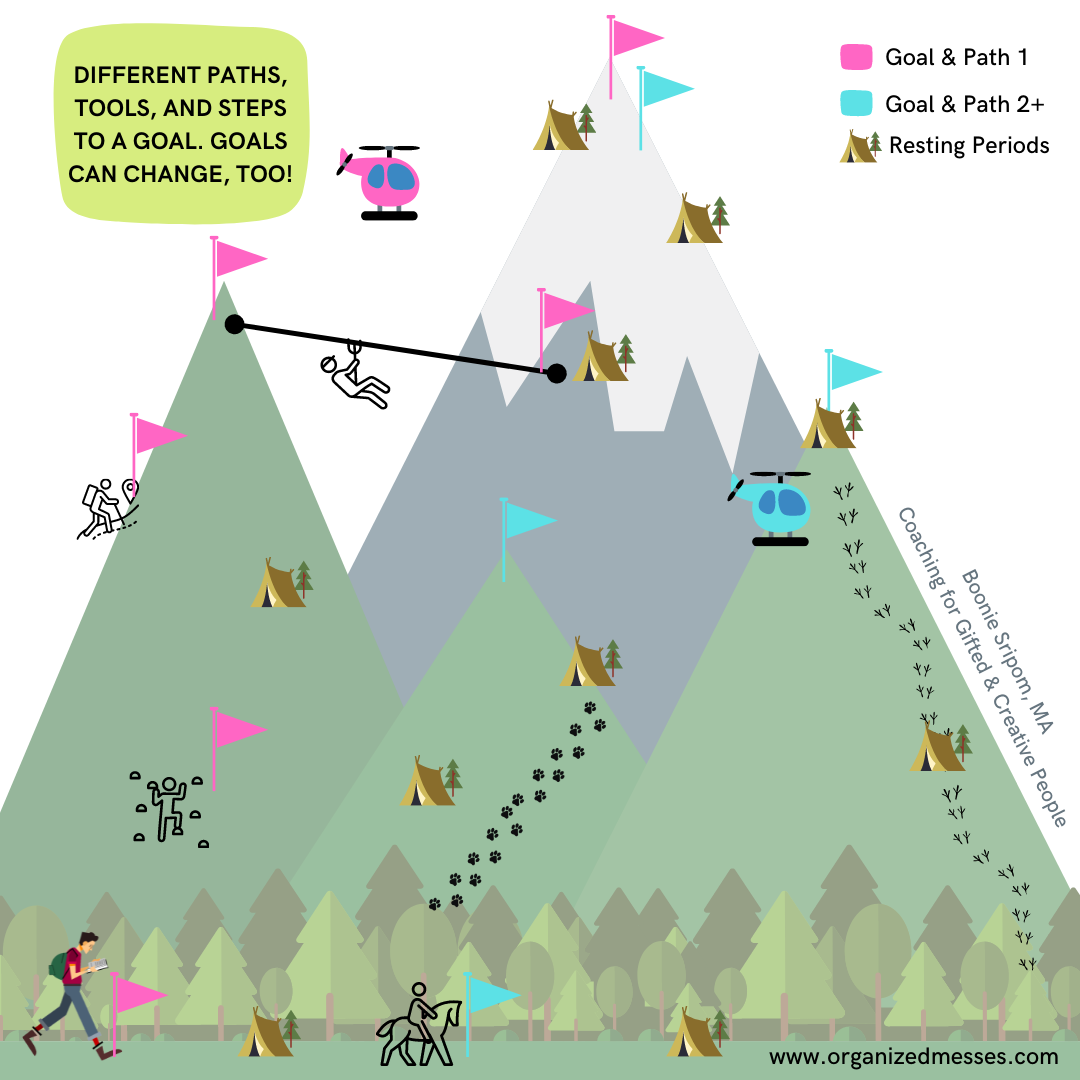





![1[1].png](https://images.squarespace-cdn.com/content/v1/52f70d47e4b04c51e900bb36/1660847255170-24K4ER47HQZWZ7OLG3EU/1%5B1%5D.png)
![2[1].png](https://images.squarespace-cdn.com/content/v1/52f70d47e4b04c51e900bb36/1660847286316-2OBXBD9IYOD0DOZ5B94Q/2%5B1%5D.png)
![3[1].png](https://images.squarespace-cdn.com/content/v1/52f70d47e4b04c51e900bb36/1660847309658-A3MMFE61LGC3Y7ZYXXSR/3%5B1%5D.png)
![4[1].png](https://images.squarespace-cdn.com/content/v1/52f70d47e4b04c51e900bb36/1660847334251-UGMGGK7OK1IDPO2YDGMO/4%5B1%5D.png)
![5[1].png](https://images.squarespace-cdn.com/content/v1/52f70d47e4b04c51e900bb36/1660847383080-3WPW7SP791M5E6V3G943/5%5B1%5D.png)
![6[1].png](https://images.squarespace-cdn.com/content/v1/52f70d47e4b04c51e900bb36/1660847402853-HBGXEY0WOMS7R15CEBMM/6%5B1%5D.png)
![7[1].png](https://images.squarespace-cdn.com/content/v1/52f70d47e4b04c51e900bb36/1660847414126-YW0R0D7528LM9RELRDVM/7%5B1%5D.png)
![8[1].png](https://images.squarespace-cdn.com/content/v1/52f70d47e4b04c51e900bb36/1660847430243-APWH9KV5BFWO8HVHEC76/8%5B1%5D.png)
![9[1].png](https://images.squarespace-cdn.com/content/v1/52f70d47e4b04c51e900bb36/1660847442130-FDGT0FM0E40VBEMGYNAB/9%5B1%5D.png)
![10[1].png](https://images.squarespace-cdn.com/content/v1/52f70d47e4b04c51e900bb36/1660847453994-V05Q07OOILE5MA1O100A/10%5B1%5D.png)





